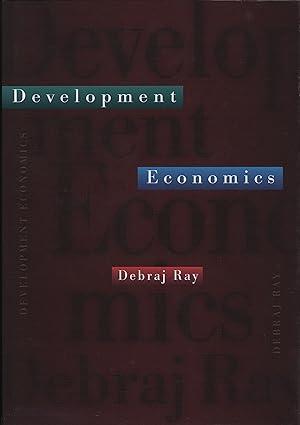If the status quo is restricted trade, a liberalization policy may not have popular support even if
Question:
If the status quo is restricted trade, a liberalization policy may not have popular support even if it will benefit a majority of the population and even if the monetary value of the gains outweighs the losses. One reason for this is that it may be hard, ex ante, for an individual to predict whether she will be among the set of losers or gainers. Even though the gainers outnumber the losers, a risk-averse person might vote “no” on a liberalization proposal. You should be easily able to model this possibility using the notion of risk aversion developed in the text.
However, as Fernandez and Rodrik [1991] observed, a liberalization policy of this sort can be blocked by voters even if they are risk neutral. To see this, consider the following example. A country has 100 people. Suppose a policy will enrich 60 people by $100 each, while it will hurt 40 people by $80 each. A number of gainers, x, already know that they will be gainers, and everybody else knows this fact as well. The remaining people have no idea whether they will be gainers or losers, and simply assume that they will be chosen randomly to be among the 60 − x remaining gainers.
If majority voting is used to determine the fate of the policy, describe what happens as x varies between 0 and 60. Provide a clear verbal intuition for your answer.
Step by Step Answer:






